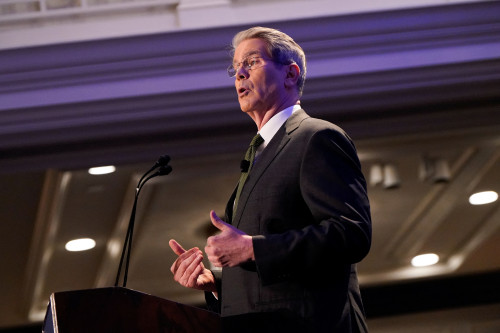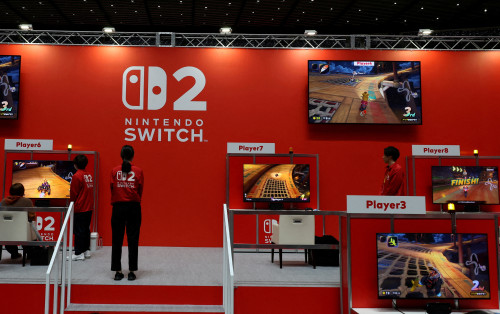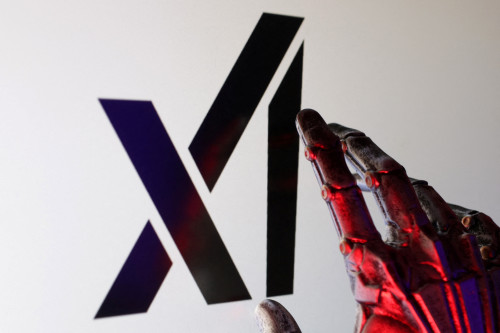By Tim Reid
CHESAPEAKE, Virginia (Reuters) – Donald Trump said on Friday that his supporters prosecuted for their actions in the Jan. 6, 2021, attack on the U.S. Capitol should be freed, citing a Supreme Court ruling in favor of a man who challenged an obstruction charge related to the riot – a charge Trump also faces.
Speaking at a campaign rally in Virginia, the former president pointed to Friday’s ruling, which raised the legal bar for prosecutors pursuing obstruction charges in the federal election subversion case against Trump and defendants involved in the attack.
“Free the Jan. 6 hostages now. They should free them now for what they have gone through” Trump said, as the crowd cheered.
“They’ve been waiting for this decision for a long time,” Trump added.
Trump is the Republican candidate challenging Democratic President Joe Biden in the Nov. 5 U.S. election.
The Supreme Court ruled 6-3 to throw out a lower court’s decision that had allowed a charge of corruptly obstructing an official proceeding – the congressional certification of Biden’s 2020 victory over Trump that the rioters sought to prevent – against defendant Joseph Fischer, a former police officer. The justices directed the lower court to reconsider the matter.
The ruling was a potential boost for Trump, who was hit with two obstruction-related charges as part of a four-count criminal indictment in a case brought last year by Special Counsel Jack Smith. Trump has pleaded not guilty in the case.
“That is a great thing for people that have been so horribly treated,” Trump said of the ruling.
Trump has often valorized his supporters convicted for their roles in the attack on the Capitol, calling them “patriots” and “warriors.” Among other crimes, some of them were prosecuted for violence against police officers.
The Supreme Court on Monday is expected to issue its ruling in Trump’s claim of presidential immunity from prosecution in the election subversion case brought by the special counsel. It is the final day of the court’s current term.
(Reporting by Tim Reid, Kanishka Singh and Nathan Layne; Editing by Leslie Adler and Will Dunham)




